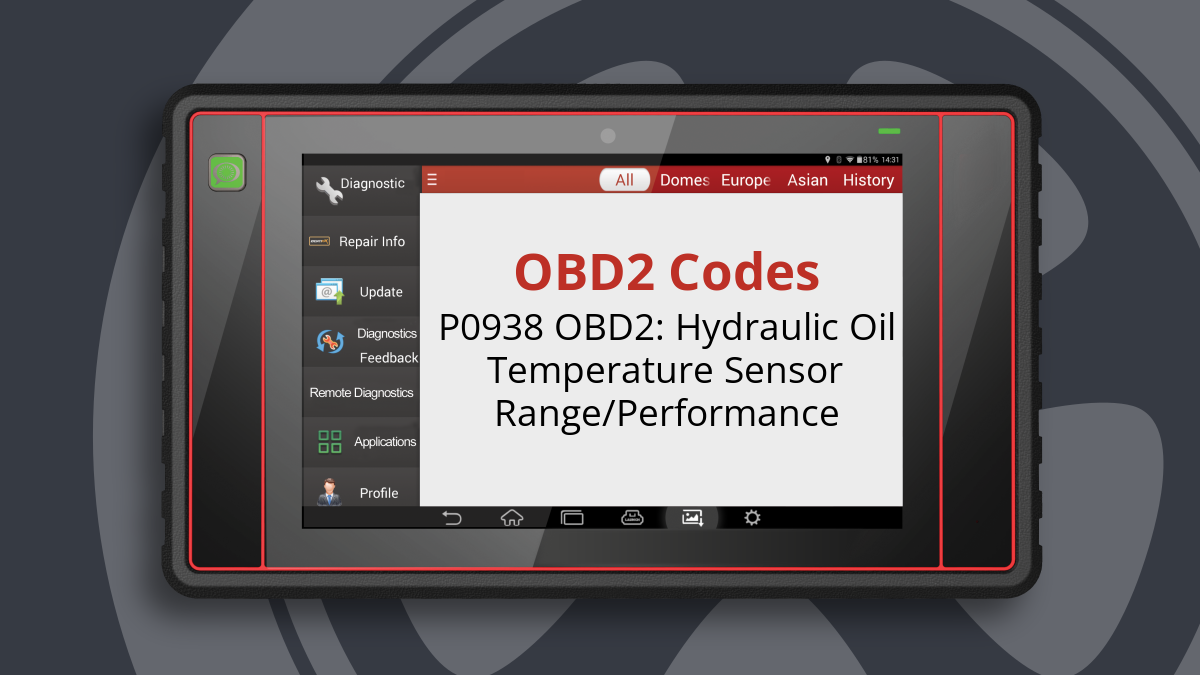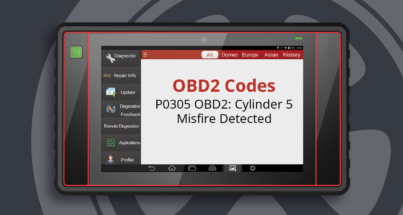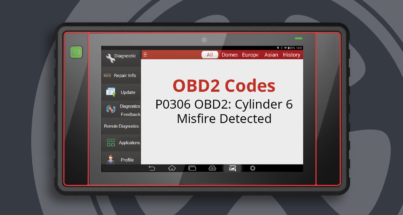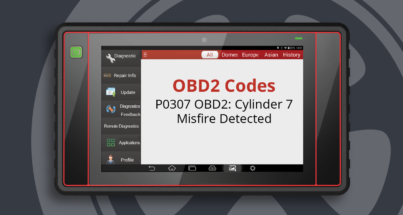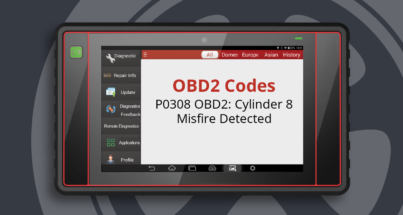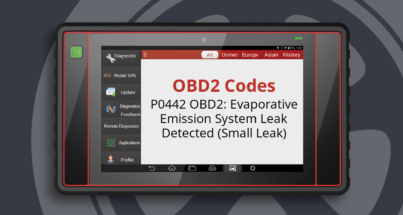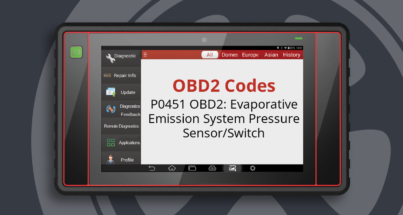What Does the P0938 Code Mean?
The P0938 code indicates a problem with the Hydraulic Oil Temperature Sensor, which is responsible for monitoring the temperature of the transmission fluid. When the Transmission Control Module (TCM) receives an implausible signal from the sensor, it triggers the P0938 code.
What Causes the P0938 Code?
Several issues can lead to the P0938 code being triggered, including:
- Hydraulic oil temperature sensor failure
- Transmission Control Module (TCM) failure
- Wiring issues related to the sensor
What Are the Symptoms of the P0938 Code?
Drivers may notice various symptoms when the P0938 code is present, such as:
- Delayed or harsh shifting
- Warning lights on the dashboard
- Increased vehicle temperature
How Serious Is the P0938 Code?
The severity of the P0938 code is considered moderate. While it may not pose an immediate risk to vehicle safety or functionality, it is essential to address the issue promptly to prevent further complications.
How to Diagnose the P0938 Code
Diagnosing the P0938 code typically requires a professional approach. A certified mechanic will use diagnostic tools to:
- Check the vehicle’s computer for stored codes
- Inspect the wiring and connections to the hydraulic oil temperature sensor
- Test the sensor’s functionality
Common Repairs for the P0938 Code
Repairs for the P0938 code can vary based on the underlying cause. Common fixes include:
- Replacing the hydraulic oil temperature sensor
- Repairing or replacing damaged wiring
- Replacing the Transmission Control Module (if necessary)
How Much Does It Cost to Fix the P0938 Code?
The cost to repair the P0938 code can vary significantly based on the make and model of the vehicle and the specific repairs needed. Typically, you might expect to pay anywhere from $100 to $600, depending on whether the issue is a simple sensor replacement or a more complex TCM issue.
Can I Fix the P0938 Code Myself?
While some vehicle owners with mechanical experience may attempt to diagnose and fix issues related to the P0938 code, it is usually recommended to seek professional assistance. Proper diagnosis often requires specialized tools and knowledge of the vehicle’s systems.


